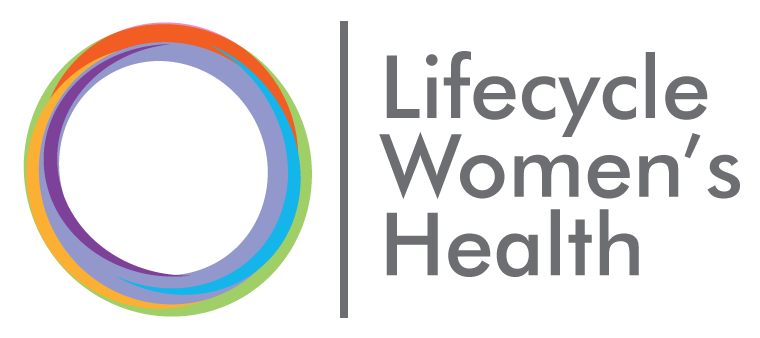The first step is the hardest
If you are like me, and I imagine like most of us, you know that you could make improvements in your self-care. However, despite what we know, and what we are reminded of by our health care providers, we keep making excuses not to change. Our blood pressure is going up. We keep gaining weight. We are incredibly stressed out all the time. We leave our appointments with a laundry list of behaviors to change and pills to take to make us feel better.
But change is daunting. It is hard to get everything done as it is right now, how can we possibly add something new?
Well, here’s my over simplified advice. Keep any shifts to a minimum, but make them. Any life changes are more achievable and sustainable when you keep your expectations to a small, realistic scale. Grand, sweeping, revolutionary 180’s will be hard to keep up.
The first thing to do is look at what you ARE doing. It is so easy to get into the mindset of what you aren’t doing and should be doing, what you don’t have instead of what you have. So list all your accomplishments, whether you consider them to be great or small. People often say that just showing up is 90% of the battle. Maybe you don’t like your job but you go every day. Maybe you don’t cook your kids an organic, whole grain hot breakfast every morning, but you do get them something to eat and get them on the bus on time. Maybe you are a few pounds overweight but you have been increasing the amount of fruit you eat. Maybe you only binge watched three episodes of Better Call Saul when you could of easily stayed up all night to watch the entire season.
It is helpful to see things on paper. It helps with perspective, and gives you something to return to so you can be more thoughtful. So list the things about yourself that you are proud of. They are there. It does not matter what other people think, what do you think?
Then next make a list of things about yourself you would like to change, or need to change. Do you think you need to exercise more? Increase stress reduction activities like meditation? Eat healthier? Stop smoking? Lose weight? Have better sex? Get more hobbies? Spend more time with friends and family? Yell less at your loved ones? Watch fewer episodes of Better Call Saul?
If there are things on the list that are life dependent, then prioritize them. For other things, sit with the list for a while. Then when you are ready, choose one behavior to change. You will get better long term results if you start small and slow.
So let’s say you know you need to exercise more. That is a big one. According to the CDC, the recommendation for adults is at least 150 minutes (2 hours and 30 minutes) a week of moderate-intensity, or 75 minutes (1 hour and 15 minutes) a week of vigorous-intensity aerobic activity (https://health.gov/paguidelines/guidelines/adults.aspx). While this may be a goal, any amount of exercise has benefits to your health. Last June, the CDC reported that only 23% of all Americans actually meet this exercise goal (https://www.cnn.com/2018/06/28/health/cdc-exercise-report-study/index.html). So if this is something you want to improve, you are in good company. You should applaud yourself for even thinking that you have to make this change!
Once you have embraced this, it is best to establish your eventual goal, write that down, but start out on a more realistic scale. It may be hard to carve out 30 minutes of undistracted time, but you probably can find 10 minutes. At least 10 minutes of moderate exercise is a great start and will have benefits. Maybe take a brisk walk at work during your lunch break either outside or around your building, or park at the farthest end of the grocery store lot and briskly walk around the store once or twice before doing your shopping. There are also many exercise videos that you can download free. My favorite is Fitness Blender (https://www.fitnessblender.com/). There are over 600 workout videos on this site so you can tailor your exercise routine to match your needs regarding time and level of exercise.
Each week or two dedicate a little more time to the activity you have chosen to change, but do not get frustrated. Most changes do not happen overnight. You are in this for the long haul. It can take time for patterns to change, and then after that it is with you forever. So show compassion toward yourself. Be kind and loving. Congratulate yourself for dipping your toe into the water to welcome better health. And continue down this path one day at a time.
Susan Kamin, CNM, MSN, MPH opened Lifecycle Women’s Health in order to provide sensitive and equitable women’s health care in a safe and non-rushed environment. Her focus is on sexual health and well body care for all women from adolescence past menopause. She works in partnership with her clients to achieve optimal wellness by encouraging lifestyle changes and incorporating natural as well as medical remedies as needed.
If I am not addressing topics that are important to you, please let me know and send ideas for future posts. Thanks for visiting!







